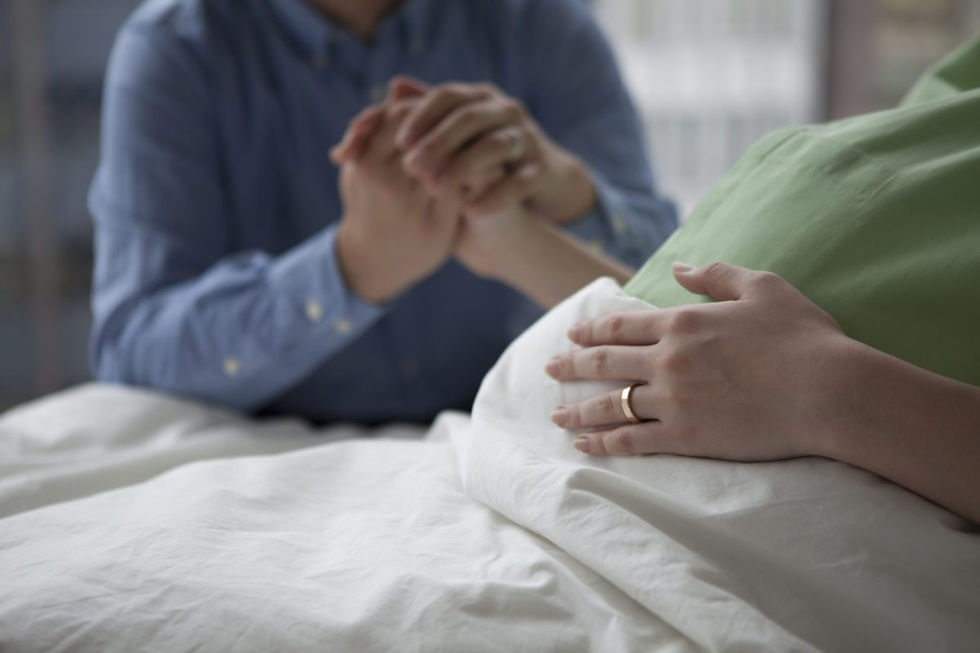Threat of spontaneous abortion
- Inclusive Surrogacy

- Aug 9, 2018
- 2 min read

A miscarriage can occur in the first 20 weeks of gestation. Some pregnant women have some vaginal bleeding, sometimes with or without abdominal cramps or pickets in the belly during the first 3 months of pregnancy. This is due to a natural rejection within the process of the woman´s body. There are several reasons.
Among the reasons can be an abortion, a malformation, chromosome incompatibility and a lot of stress during the first trimester.
The first thing you have to do is go to an OB/GYN doctor to assess the risk of pregnancy, sometimes there is bleeding from the uterus (womb), in other cases a blood clot forms in the uterus, even in ultrasounds. The doctor needs to be aware of it. This increases the risk of spontaneous abortion. It is advisable to have an absolute rest to avoid fatigue, stress, sudden movements and be able to gestate a healthy baby.

When the fetus is not developing correctly and abnormalities are found, a miscarriage occurs. It is advisable to perform all exams to check for diabetes, venereal diseases, infections, hormonal problems among other studies that your doctor should request. 5
out of 10 patients with high-risk pregnancy have a miscarriage.
Among the most common symptoms we can highlight:
Vaginal bleeding: may be more or less abundant and include clots. Approximately half of the women with this symptom in the first trimester of pregnancy suffers a natural abortion. One of the most common causes of these bleeds are intrauterine hematomas (small accumulations of blood in the uterine cavity), which in the most severe cases can end in a placental abruption.
Abdominal cramps: pains or strong pressures in the belly similar to the pain of menstruation. They can occur with or without vaginal bleeding.
Low back pain: strong punctures in the lower back.
Symptoms of pregnancy: the discomforts of pregnancy can be reduced or even disappear.
If the specialist doctor detects a threat of abortion, the following instructions must be followed until the doctor changes the indications:
Not having sex
Relative or absolute rest
Avoid eating seafood or meals with lots of salt
Avoid all types of medication (except those prescribed by the gynecologist)
Balanced and healthy diet (eat at appropriate times)
Relaxation, avoid problems and try to have a hobby




Comments